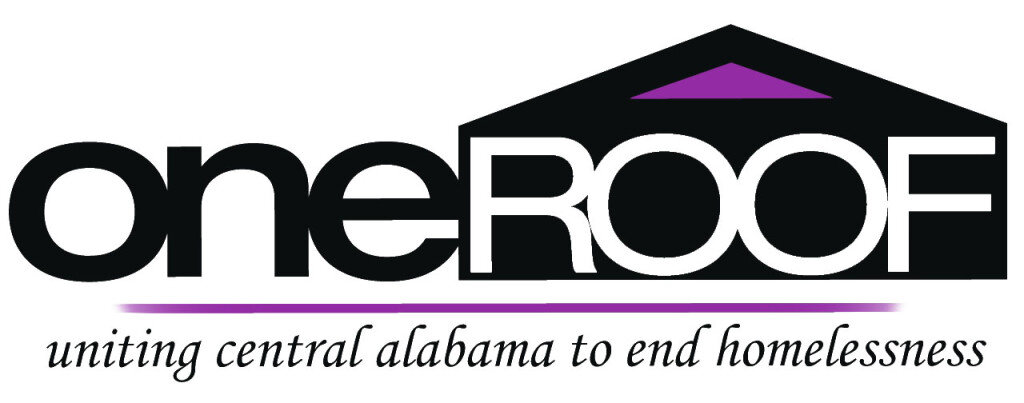At One Roof we strive to make available any resources that we believe will be an asset to our partner agencies. We want to share tips, tools, and resources that have been highlighted from national partners such as the National Alliance to End Homelessness and Housing and Urban Development.
Be sure to sign up here if you are interested in receiving a quarterly case manager newsletter.
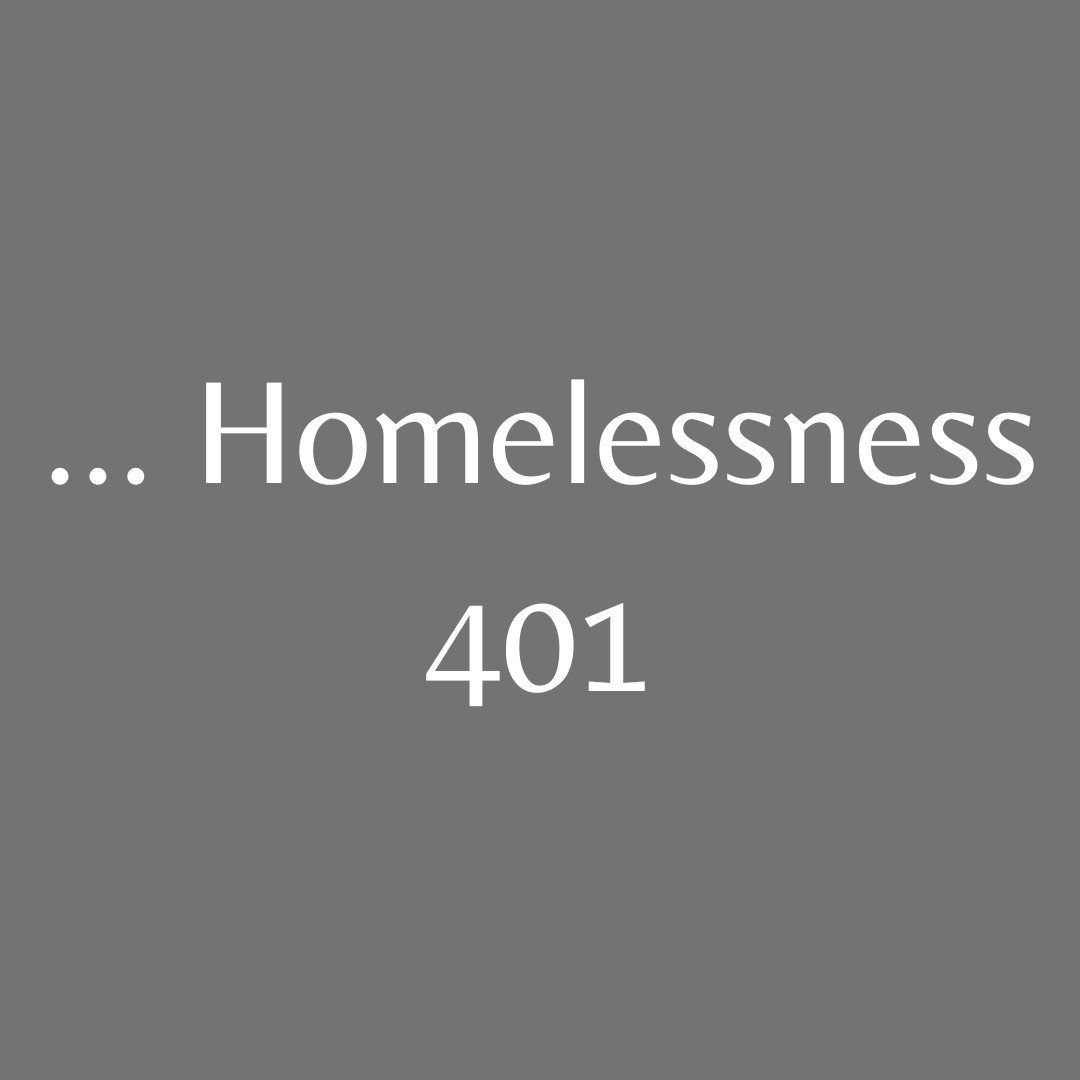
The 2024 editions of the Case Manager Newsletter will be geared towards learning more about homelessness. For this newsletter, let’s dive into homeless resources and trainings for case managers.
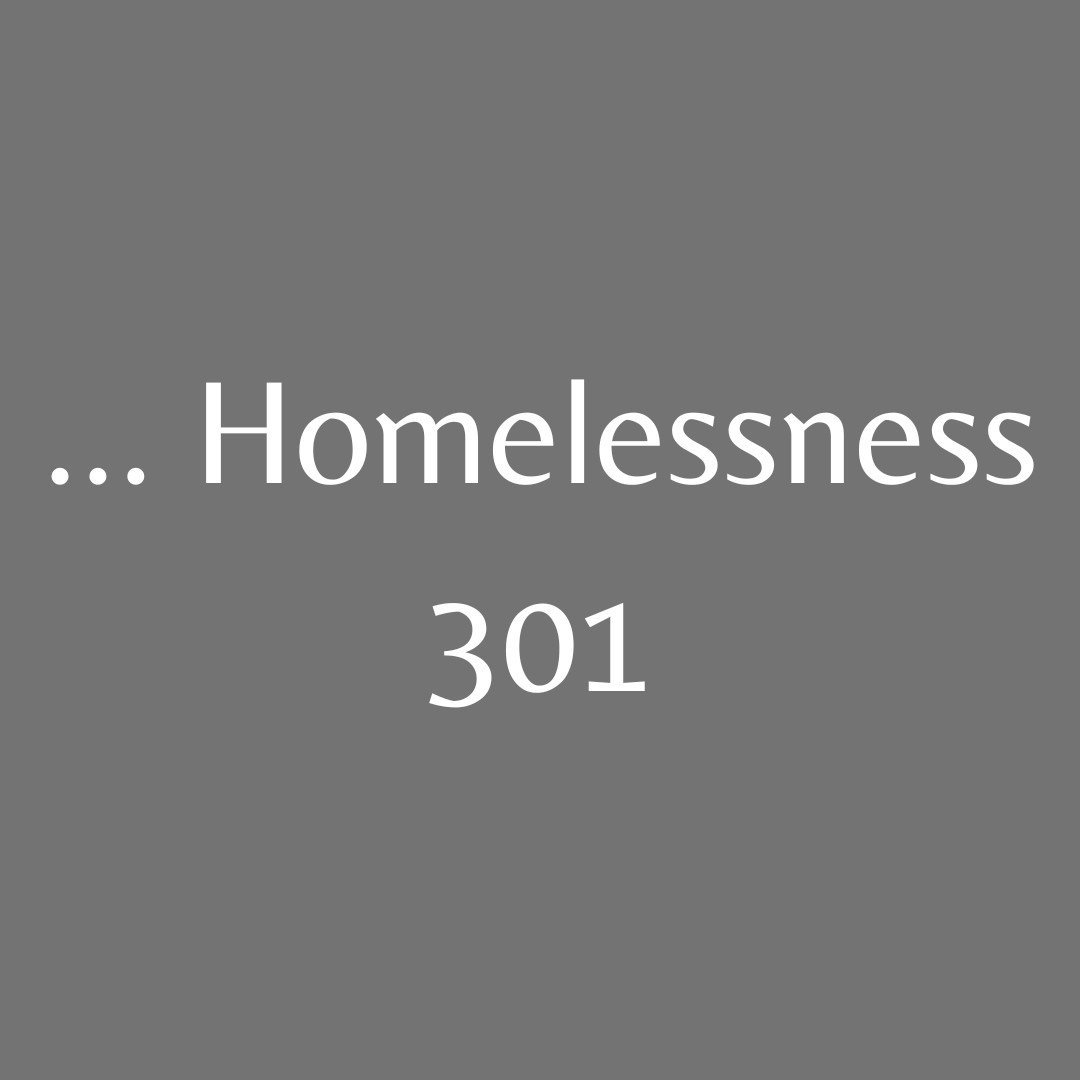
The 2024 editions of the Case Manager Newsletter will be geared towards learning more about homelessness. For this newsletter, let’s dive into homeless facts and figures.
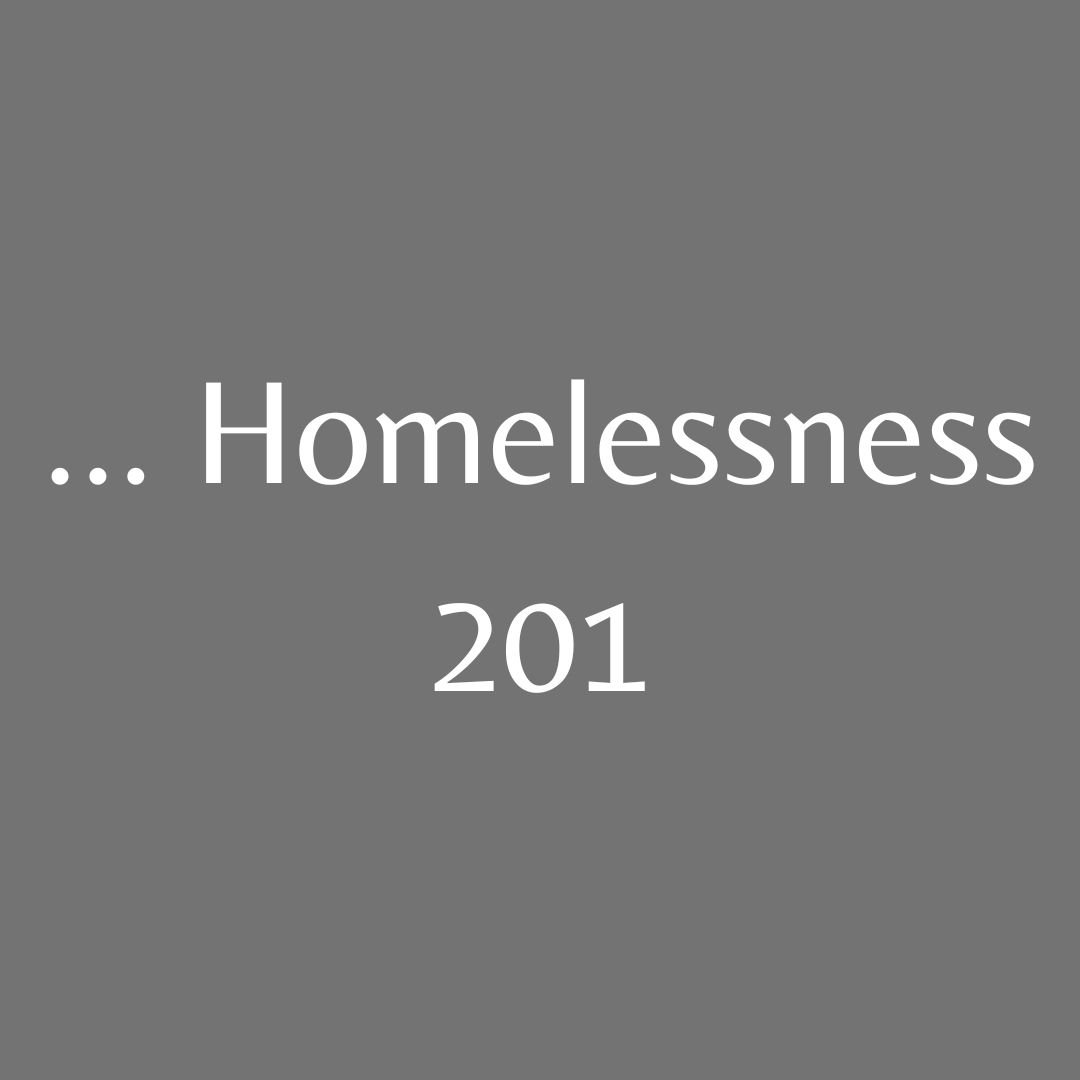
The 2024 editions of the Case Manager Newsletter will be geared towards learning more about homelessness. For this newsletter, let’s dive into homeless outreach and engagement.
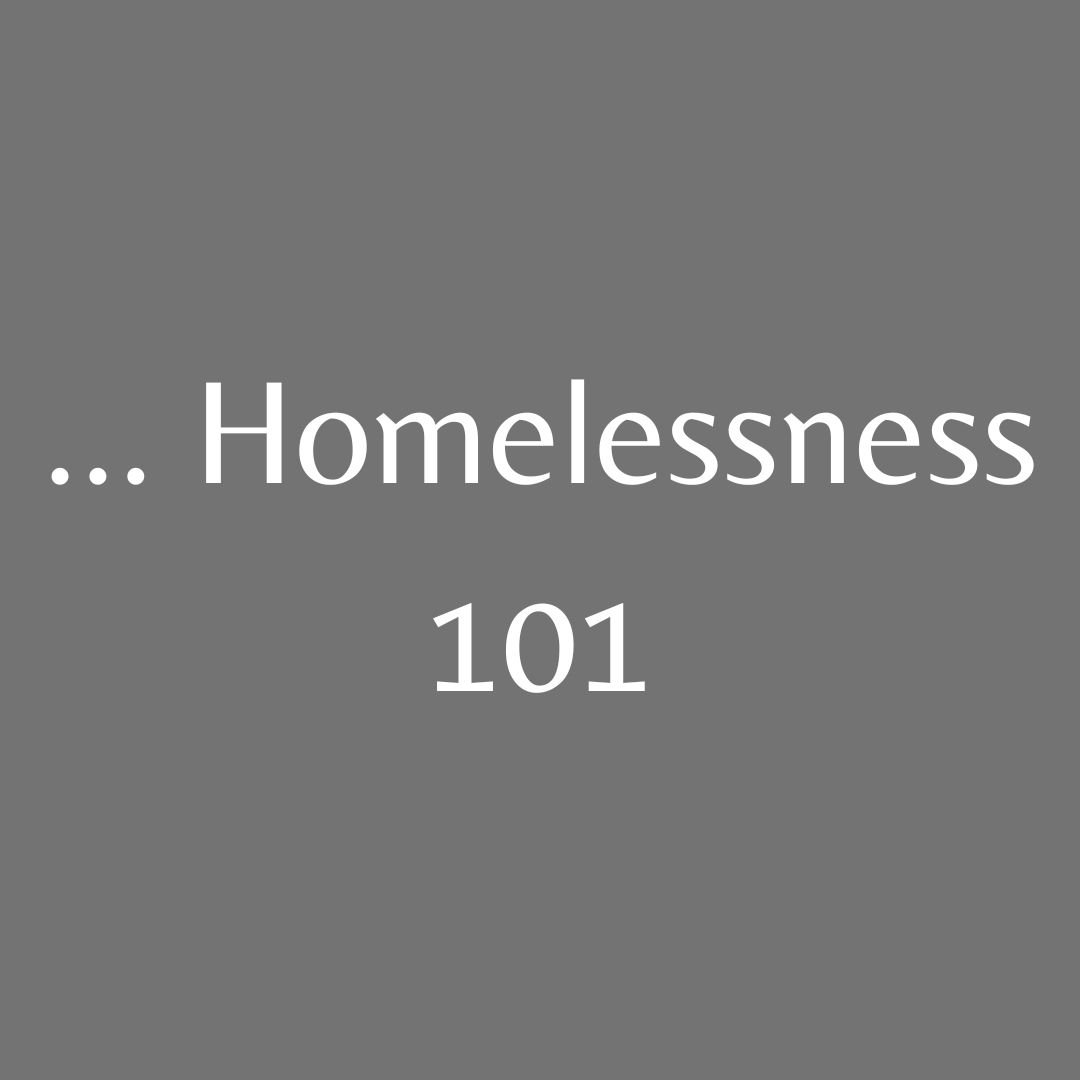
The 2024 editions of the Case Manager Newsletter will be geared towards learning more about homelessness. For this newsletter, let’s dive into the causes and solutions of homelessness.
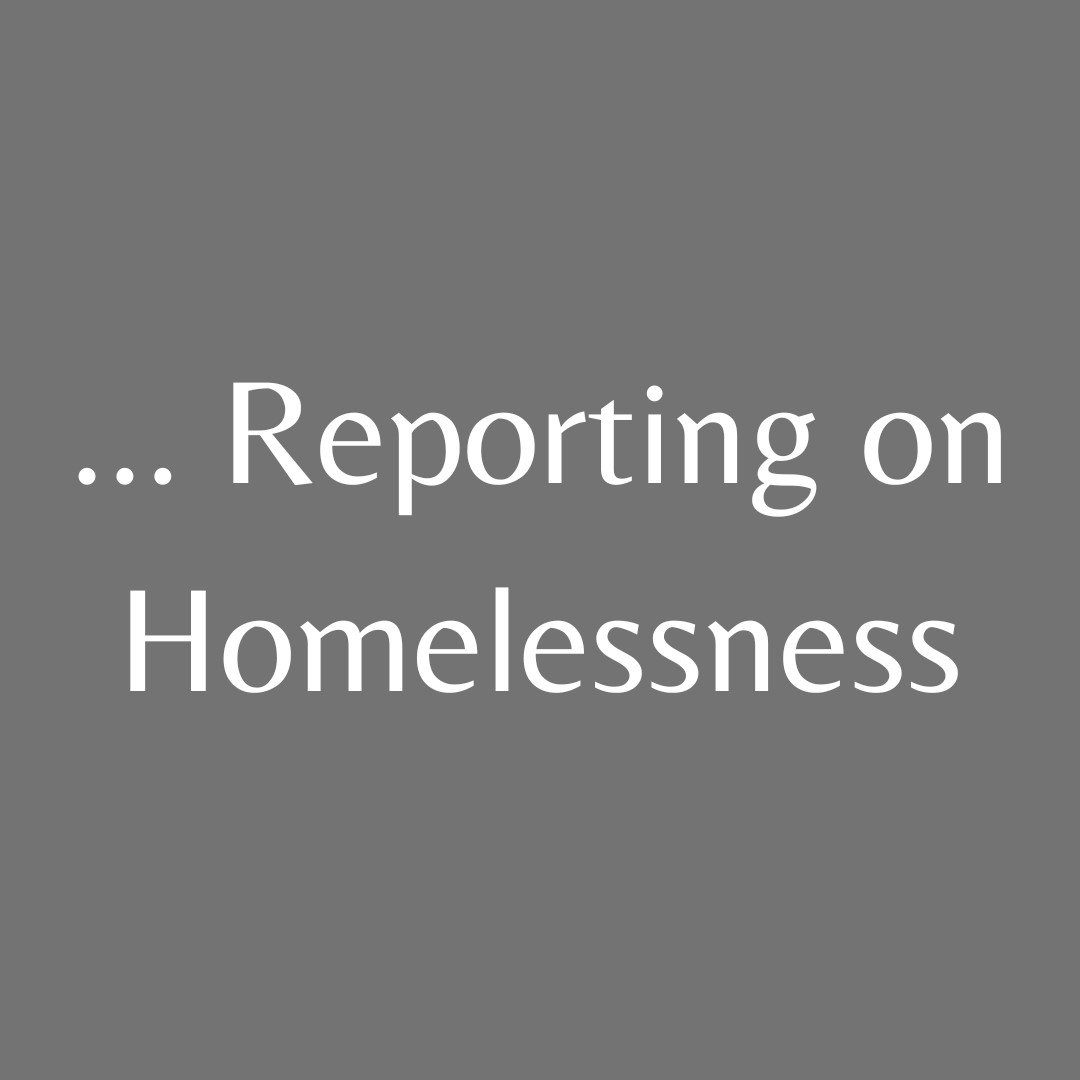
Data collection is crucial to understanding, addressing, and alleviating homelessness. Documenting the number, characteristics, and needs of homeless persons in American communities, as well as the number of people receiving services and the capacity of these services, is essential to identifying the proper strategies to tackle the problem.
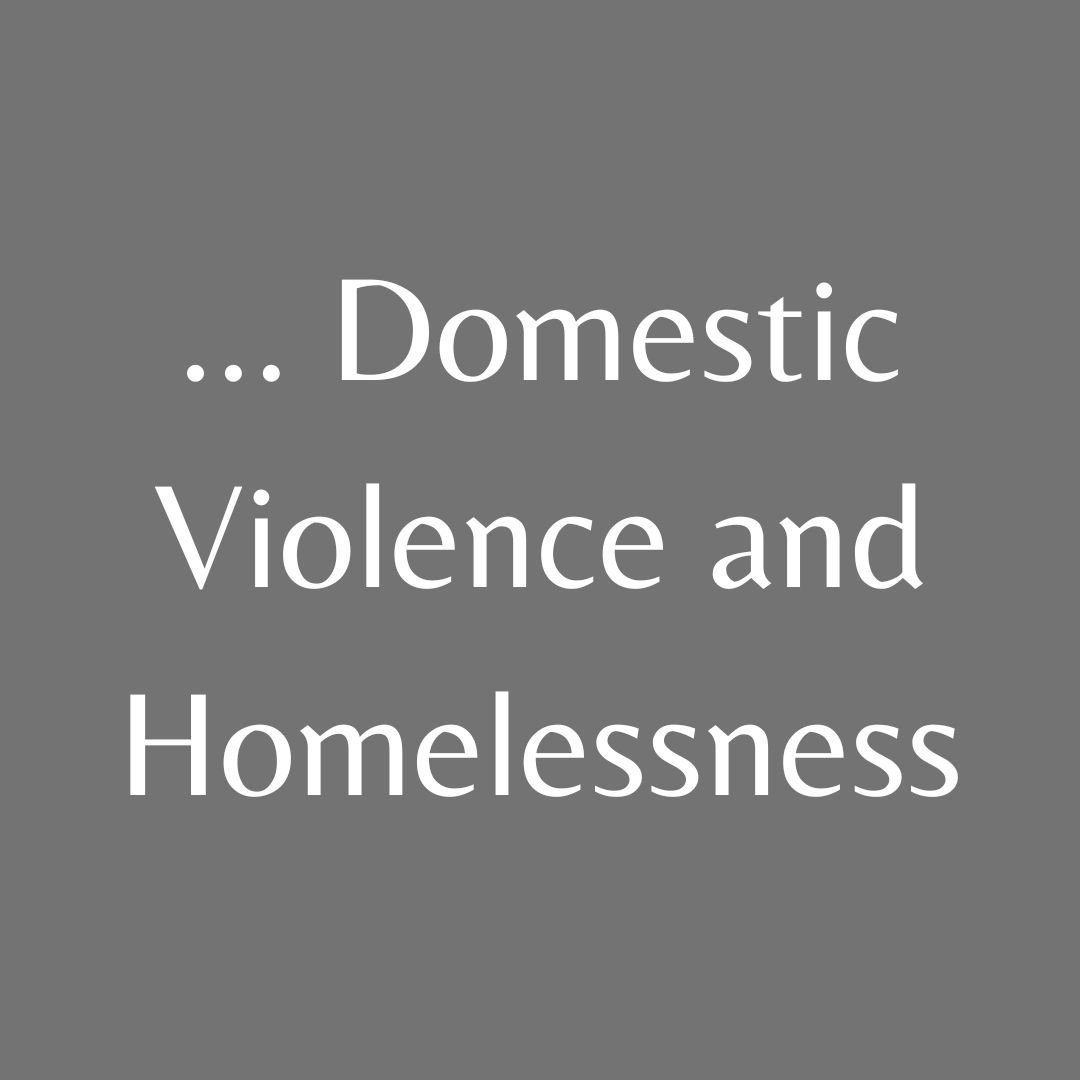
Domestic and sexual violence is a leading cause of homelessness for women and children, and the need for safe and affordable housing is one of the most pressing concerns for survivors of violence and abuse. Housing programs can provide critical services for survivors and are often a key component in helping survivors find safety and stability.
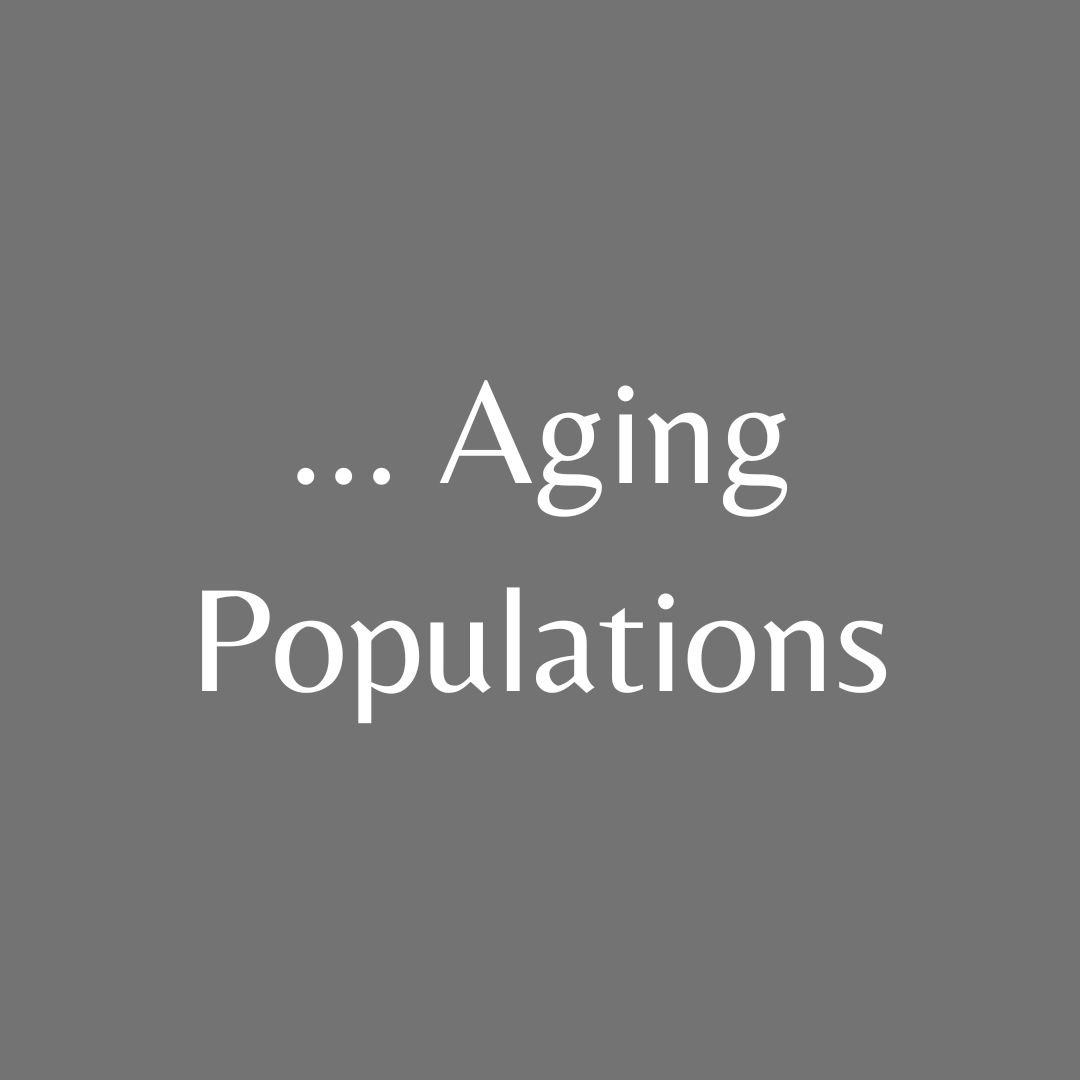
People ages 65 and older are the fastest growing age group of people who are homeless; by 2030 their numbers will triple. While homelessness is devastating for all, older adults face additional risks and harms from the experience.
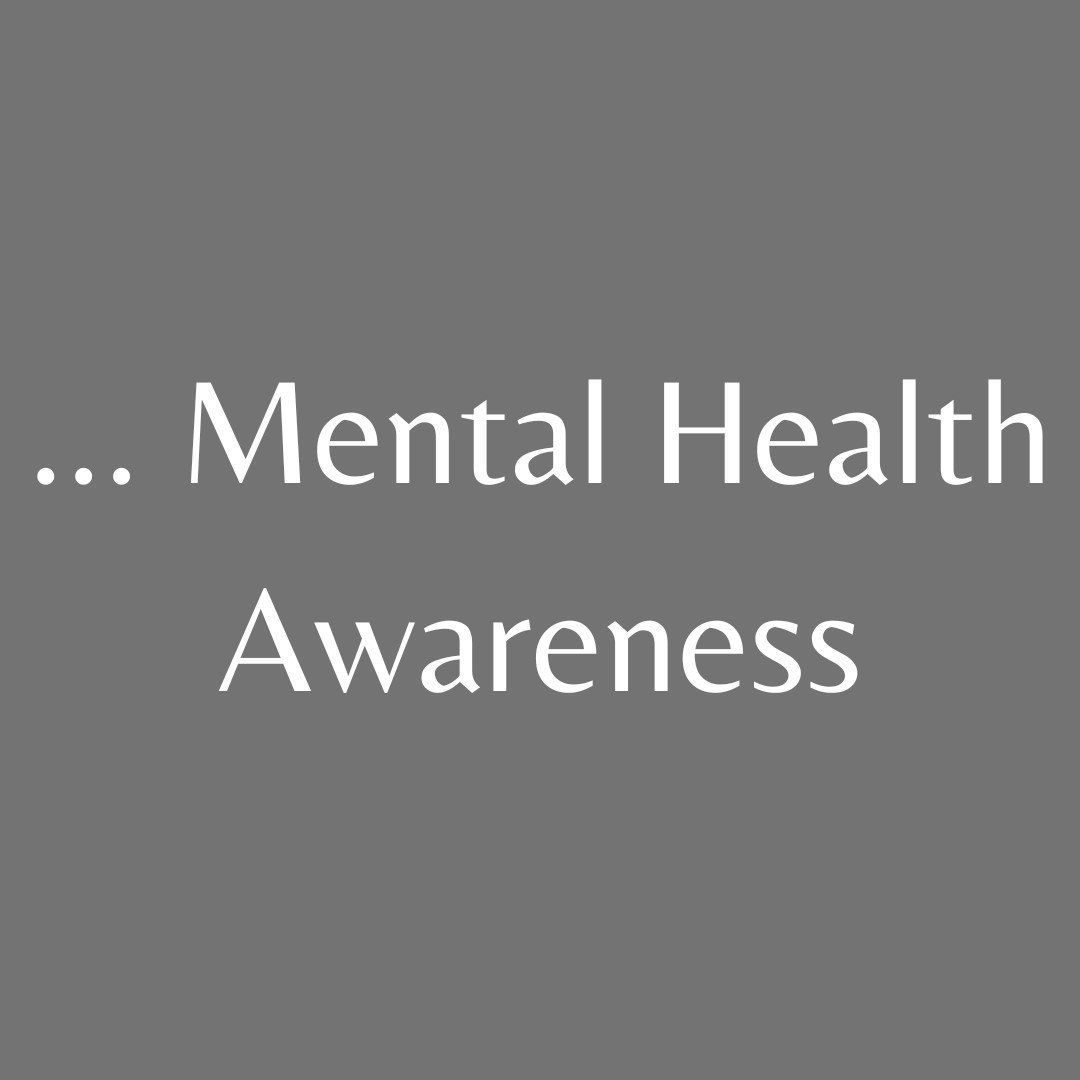
Mental health includes our emotional, psychological, and social well-being. It affects how we think, feel, and act, and helps determine how we handle stress, relate to others, and make choices. Mental illnesses are disorders, ranging from mild to severe, that affect a person’s thinking, mood, and/or behavior.
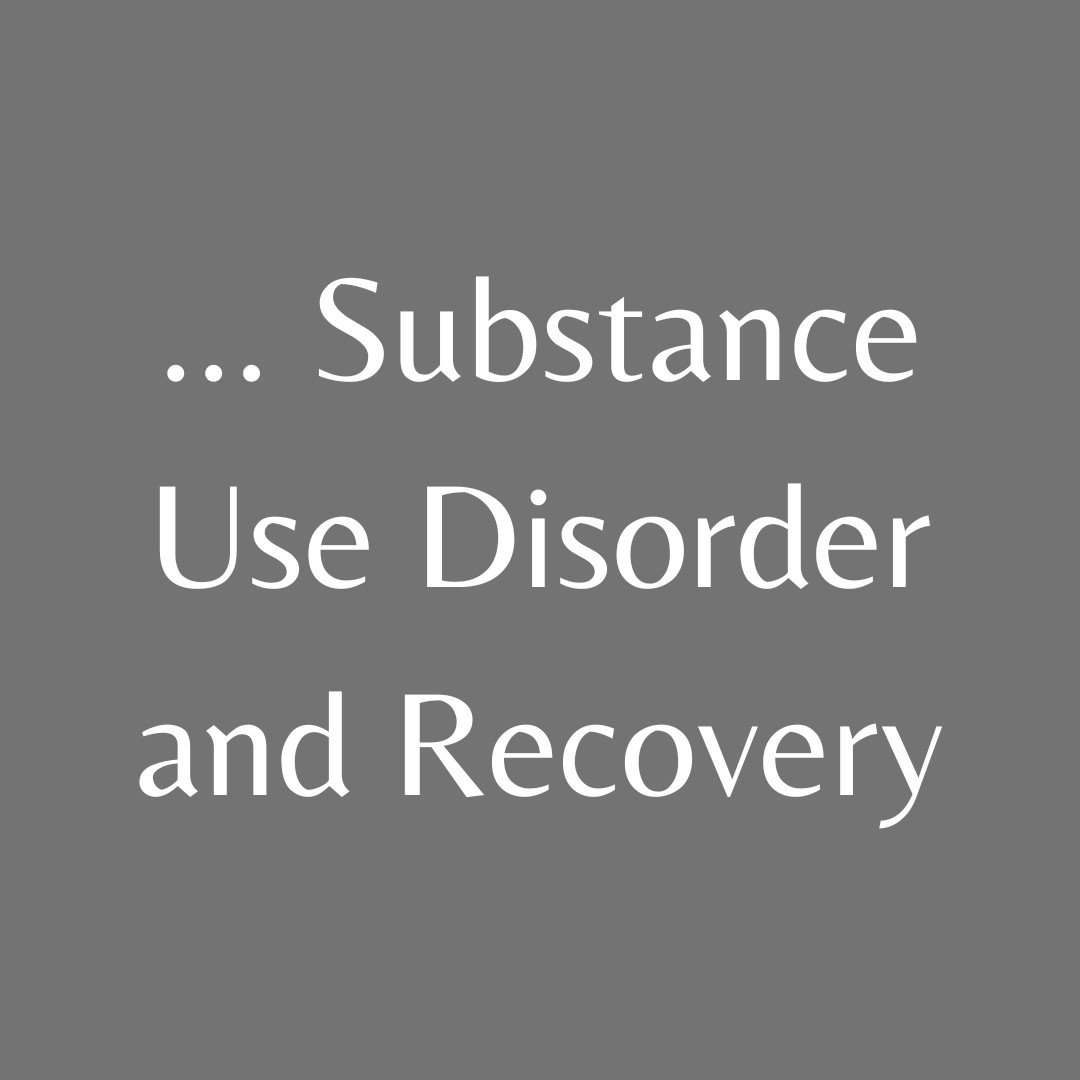
The term "substance use" refers to all types of drug and alcohol use. It is used in place of the traditional label of "drug abuse" which perpetuates social stigma and judgment and can marginalize and alienate people from the supports they need.

Coordinated Entry is a HUD-mandated program designed to provide easy access to homeless services, quickly assess the vulnerabilities of persons seeking assistance, prioritize persons with the highest needs and vulnerabilities, and appropriately refer individuals and families to service provider agencies within the community.
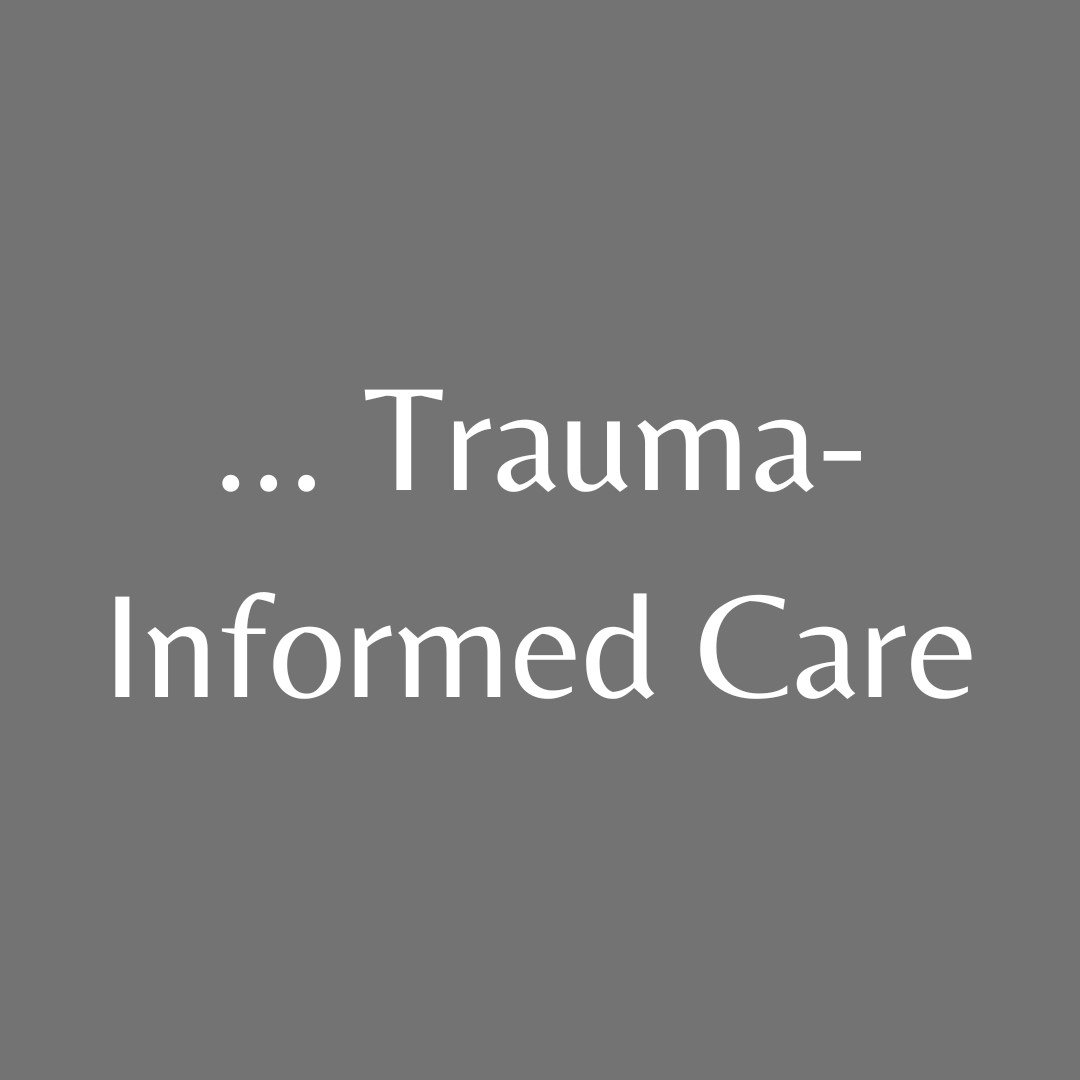
Trauma-Informed Care is an overarching structure and treatment attitude that emphasizes understanding, compassion, and responding to the effects of all types of trauma. Trauma-Informed Care also looks at physical, psychological, and emotional safety for both clients and providers, and provides tools to empower people on the pathway to stability.

Motivational Interviewing is an evidence-based practice that case managers can use to learn more about a person's situation and help them set and make progress toward their goals. Motivational Interviewing is a collaborative conversation to strengthen a person's own motivation for and commitment to change.
